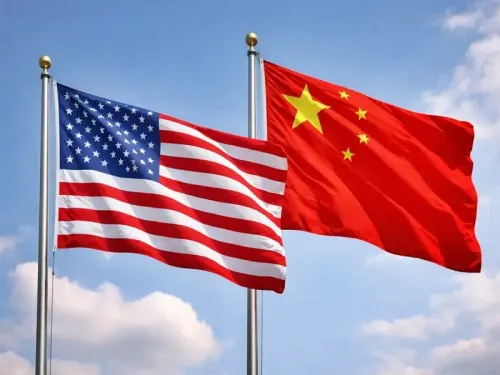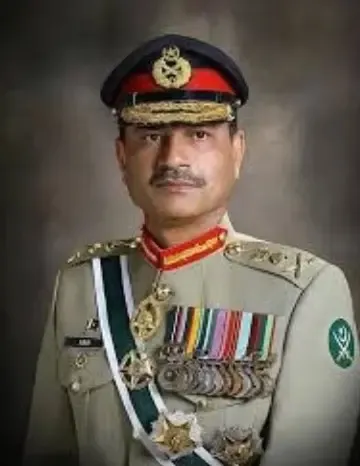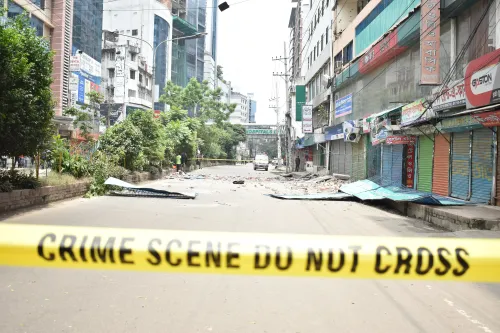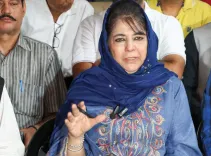How Strong Are India-US Defence Ties Despite Trade Tensions?
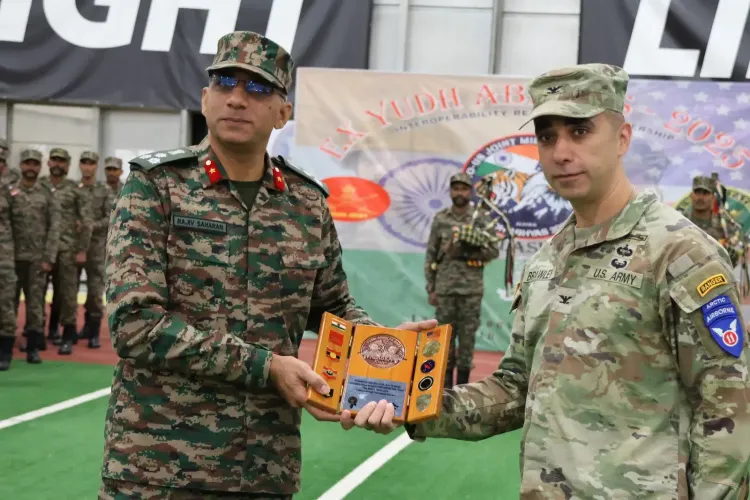
Synopsis
Key Takeaways
- Defense cooperation is a cornerstone of India-US relations.
- Communication channels remain open despite trade tensions.
- Joint military exercises, like Exercise Yudh Abhyas 2025, highlight ongoing collaboration.
- China's military power influences the strategic partnership.
- Political enthusiasm for the partnership is evident on both sides.
Washington, Sep 18 (NationPress) As trade negotiations between India and the US resume following weeks of tension, a former senior US official emphasized that defense collaboration remains a vital element of their relationship.
During a panel discussion on India-US defense ties at the Hudson Institute in Washington, Vikram Singh, the former Deputy Assistant Secretary of Defense for South and Southeast Asia, pointed out that despite recent challenges, there has been no ‘dramatic cessation’ of defense connections.
“Even amidst issues as serious as those currently observed, communication channels have not broken down. The two nations continue to engage. There’s no significant severance. There exists substantial enthusiasm among military personnel for the partnership, as well as among political leaders,” he mentioned.
While the US has implemented a 50% tariff on India, including a 25% tariff on Russian oil purchases in August, the armed forces of both nations are gearing up for joint exercises.
The 21st edition of Exercise Yudh Abhyas 2025, the annual Army-to-Army exercise between India and the US, recently concluded after two weeks of intensive training in Alaska.
In a statement on Monday, the Indian embassy in Washington described the exercises as a “significant indicator” of the increasing military cooperation between India and the US, in line with their Comprehensive Global Strategic Partnership.
Singh also mentioned Trump’s rapport with Prime Minister Modi, asserting that the American President continues to strongly support the US-India partnership.
“I do not believe he (Trump) has ever publicly criticized Prime Minister Modi. A crisis moment can swiftly become an opportunity. I have observed no signs from the Departments of Defense or State indicating a shift away from this partnership,” he insisted.
Dr. Sameer Lalwani, a non-resident Senior Fellow at the Centre for Strategic and Budgetary Assessments, identified China’s military threat as a significant motivator for US-India defense ties.
He recalled the border confrontations between India and China in Doklam in 2017, alongside Trump’s assessment of Great Power Competition with Beijing as factors enhancing the India-US defense relationship.
“The Trump administration declared we are in an era of Great Power Competition, which positions India as a favored partner in both public and strategic documents. Concurrently, India faced one of its many disputes with China in Doklam. Thanks to China, our relationship has significantly strengthened,” he remarked.
However, during his second term, Trump has taken a more nuanced approach towards China. While imposing over 50% tariffs, he has often praised his close ties with Chinese President Xi Jinping.
This week, both nations announced a framework agreement regarding TikTok, allowing the app to continue operating in the US.
Nonetheless, Lalwani stressed that the long-term outlook of relations with China remains contentious.
“You may secure a trade agreement occasionally, but I predict that in the long run, relations with China will predominantly be adversarial, largely influenced by China’s own actions,” he commented.
Singh agreed with this viewpoint.
“Let's assume we finalize a deal with China. Clearly, the President aims for an economic agreement. If this deal does not materialize, it will escalate the strategic rivalry. Conversely, if it does happen, it may ease tensions somewhat. It would likely feel akin to pre-2015, while still pursuing deeper alliances with other regional partners and strengthening the India relationship,” he assessed.



